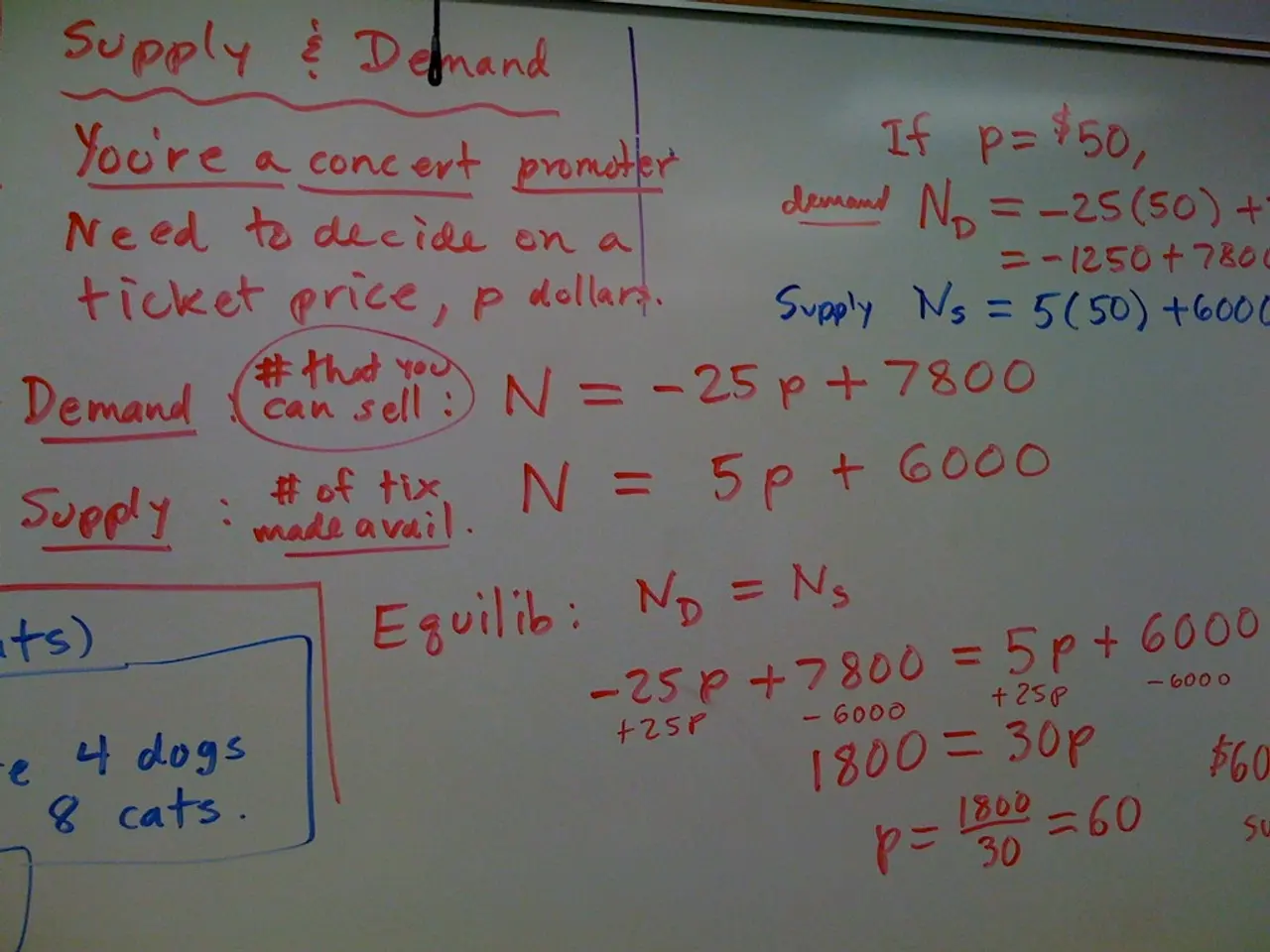Volkswagen's Golf model usurps another Volkswagen model, claiming the top spot in the brand's lineup.
In the heart of Europe, the love for classic cars is on the rise, and Germany is no exception. According to a comprehensive study by market analysts Wolk & Nikoloc/BBE Automotive, the classic car market in Germany is thriving, with approximately 1.45 million registered classic cars (30 years and older) gracing the country's roads [1][2].
The study, focusing on market developments, buyer behaviour, and vehicle stock, offers valuable insights into the German classic and youngtimer market [1]. Despite a slight slowdown in growth, the sector remains economically significant and popular, with 82% of drivers expressing joy at the sight of classic cars on the road [2].
Interestingly, the undisputed favourite classic car model in Germany is none other than the Volkswagen Golf. The second-generation Golf (Type 19E) has dethroned the iconic Volkswagen Beetle to claim the top spot [2]. This shift in preference is further underscored by a report from T-Online, which states that the Golf has also outranked another Volkswagen model in the study's category [2].
The study does not specify the time frame or the exact methodology used to determine the ranking of classic car models. However, it's clear that the Volkswagen brand continues to dominate the classic car scene in Germany, with the Golf leading the charge.
Other notable mentions in the study include the Audi 80/90, the Porsche 911, and the East German car Trabant. Volkswagen's subsidiaries Audi and Porsche also have popular classic car models [1]. Mercedes-Benz and BMW closely follow Volkswagen in the study's popularity ranking. The BMW 3 Series, the Mercedes series SL (R107/R129), and 190 (W201) follow the Mercedes W123 and W124 models in the study's ranking [1].
The Mercedes W123 and W124 models, respectively, hold the second and third positions in the study's ranking of classic car models [1]. Interestingly, the study reveals that owners of classic cars tend to be over 60 years old on average, but a rising influx of younger enthusiasts is focusing on vehicles from the 1990s and 2000s [2]. Important success factors for market participants include vehicle condition, documentation, and digital visibility [1].
The Volkswagen Beetle, once the undisputed queen of classic cars in Germany, has dropped to fifth place in the study's ranking [2]. Despite this, Volkswagen vans in versions T1 to T4 remain highly sought after by classic car enthusiasts [2]. These classic cars, bearing the H-license plate, are considered technical cultural heritage on wheels.
In conclusion, the Wolk & Nikoloc/BBE Automotive 2025 study confirms the popularity and economic importance of classic cars in Germany. While the study does not publicly specify which particular classic cars are most popular according to their findings, for detailed rankings or popularity lists, the full study would need to be accessed directly.
- The study by Wolk & Nikoloc/BBE Automotive demonstrates the economic significance of the finance industry in the classic car market, considering that valuable insights into buyer behavior are crucial for market participants.
- Besides Volkswagen, other popular classic car models in Germany include Audi 80/90, Porsche 911, and the East German car Trabant, as mentioned in the Wolk & Nikoloc/BBE Automotive 2025 study.
- In addition to classic cars, the study also highlights the popularity of certain automotive models from the sports sector, such as the BMW 3 Series and the Mercedes series SL (R107/R129), among others.




